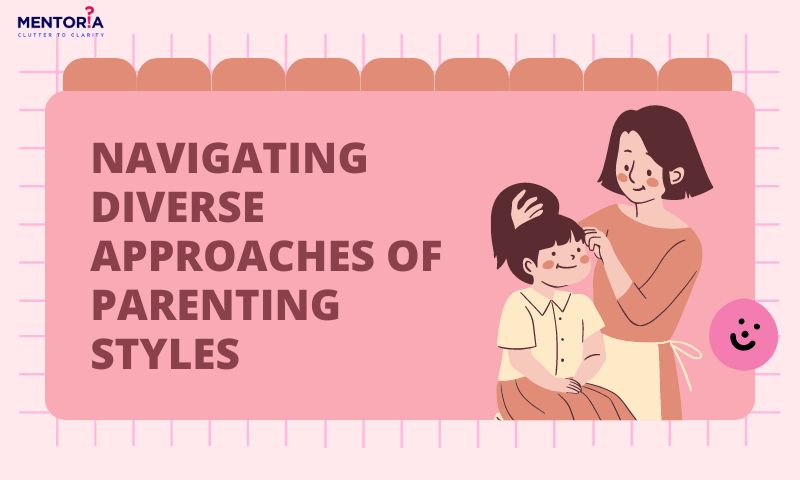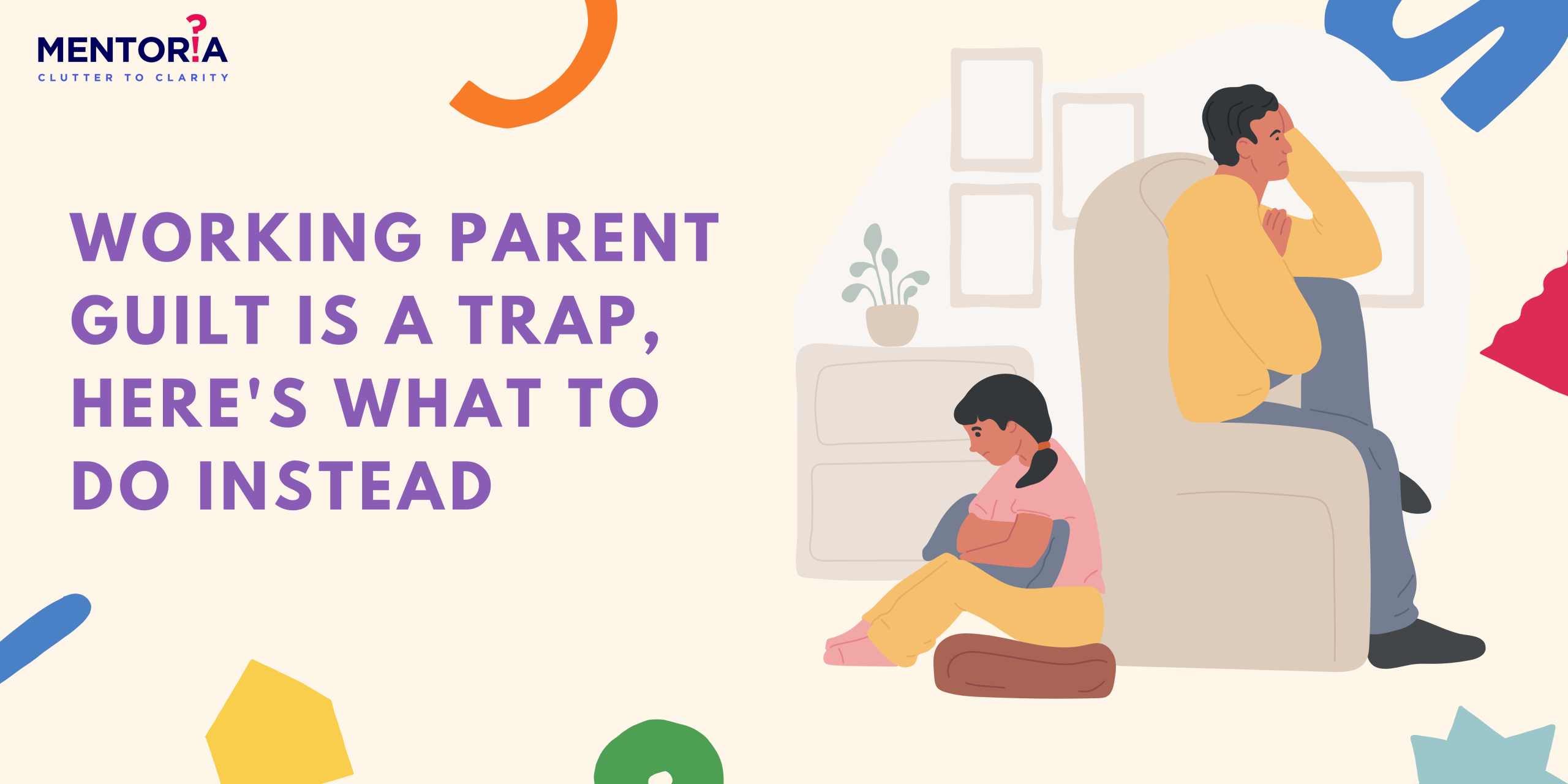Navigating Diverse Approaches of Parenting Styles

Parenting is a dynamic process that is influenced by societal, cultural, and individual variables. The range of parenting techniques available to us allows us to better comprehend the subtleties that influence family dynamics. The powerful “Balance Seekers,” who represent structure and care, seek to create harmony. On the other hand, the laissez-faire style of “Free-Range” parenting promotes self-discovery and independence while exposing children to hazards. Conversely, “Authoritarian” parenting takes a tougher attitude and places more emphasis on obedience, whilst “Permissive” parenting supports freedom and fosters a liberal environment. Every parenting approach has advantages and disadvantages, which adds to the variety of parenting situations we see today.
Parenting is an art, a journey filled with decisions, difficulties, and the desire to produce responsible, resourceful, and content children. Without a set of universal guidelines, parents frequently navigate this environment utilising many parenting philosophies, each of which has its own unique traits and results. Join us as we examine these various parenting philosophies, identifying their distinguishing characteristics, pluses, and minuses, to illuminate the vibrant fabric of contemporary parenting.
The Enforcers of Rules and Regulations in Authoritarian Parenting
Structure and discipline are key components of authoritarian parenting. This type of parenting sets clear boundaries and high standards for their kids. They value submission and rigorous rules, frequently employing punishment to impart teachings. This method can promote discipline and respect for authority, but it can also restrict a child’s creativity and impair their capacity for independent thought.
On the plus side, kids who grow up in authoritarian environments typically have strong moral convictions and perform well in regimented environments like school. However, because of the ongoing supervision and control, individuals could have trouble making decisions and may lack confidence in their own skills.
‘Anything Goes’ Permissive Parenting
Parenting that is permissive adopts a more relaxed and lenient attitude. These parents cherish their child’s freedom and expression highly and are frequently indulgent and caring. They don’t enforce tight rules and punishment, giving the kid a lot of leeway to explore and make choices. This approach might result in a lack of discipline and accountability even while it promotes individuality and innovation.
Children of permissive parents frequently exhibit high levels of self-worth and superior problem-solving abilities. However, they could have issues with respecting authority and adhering to norms, which makes it difficult for them to function in organised contexts like the job or school.
Parenting with Authority, The Balance Seekers
Parenting that is authoritative strikes a balance between discipline and nurturing. These parents are receptive to their children’s wants and ideas while still outlining clear expectations and restrictions. They encourage independence, open dialogue, and the justification of laws. This strategy fosters accountability and self-control while allowing for personal development.
Children who grow up in a strong parental presence typically have good social skills, self-assurance, and decision-making abilities. They do well in social and academic contexts because they have the chance to acquire critical life skills and problem-solving competencies within a nurturing environment.
Free-Range Parenting, The Absent-Minded Method
A hands-off approach is embraced by free-range parenting, giving kids ample room for freedom and self-discovery. These parents consider it important to help kids develop resilience and self-sufficiency by letting them draw lessons from their own life experiences. While this approach fosters innovation and resourcefulness, it can also expose kids to dangers and difficulties in the absence of proper supervision.
Free-range parenting has been linked to good decision-making ability, critical thinking skills, and a feeling of adventure in children. Their inability to set limits and lack of direction, however, could affect both their social interactions and academic achievement.
No one thread may characterise a great parenting strategy in the tapestry of parenting. We’ve looked at a variety of parenting philosophies, including authoritarian, permissive, authoritative, and free-range, which reflect the complexity of contemporary parenting. Each parenting style leaves a distinct mark on a child’s upbringing, affecting their development, conduct, and relationship to the outside world. The ultimate goal of every parenting approach is to raise kids who are prepared to confront the world as capable, compassionate, and responsible people. It’s about encouraging a solid parent-child relationship built on a foundation of deep love, trust, and understanding so that the child can develop into their best selves. We aim to create a supportive environment where our children can flourish and forge their own paths in life as we travel this trip, armed with the knowledge of many parenting approaches.
Understanding these approaches’ advantages and disadvantages as parents will help us make wise decisions and provide a caring environment where our kids can thrive. In the end, parenting is a journey that changes with time, defined by love, adaptation, and the goal to develop strong, kind children who will face the world with confidence and kindness. In conclusion, parenting is a complex and nuanced field that is rife with many theories and methods. There is no one strategy that works for everyone, and a parenting approach’s effectiveness depends on how well it matches the values, circumstances, and particular requirements of both the parent and the child. It is constantly difficult to strike a balance between caring and discipline, to establish limits while promoting enquiry.
Parenting Made Easier With Mentoria
Parenting styles are important because they can have a significant impact on a child’s development and well-being. Children raised by authoritative parents tend to have better outcomes in a variety of areas, including academic achievement, social skills, and mental health. Here in Mentoria, A parent who is struggling to discipline their child can take our parenting programme on discipline strategies. A parent who is worried about their child’s academic performance can talk to a Mentoria parenting expert about how to support their child’s learning, which makes the whole process more smoother and less anxiety inducing.









